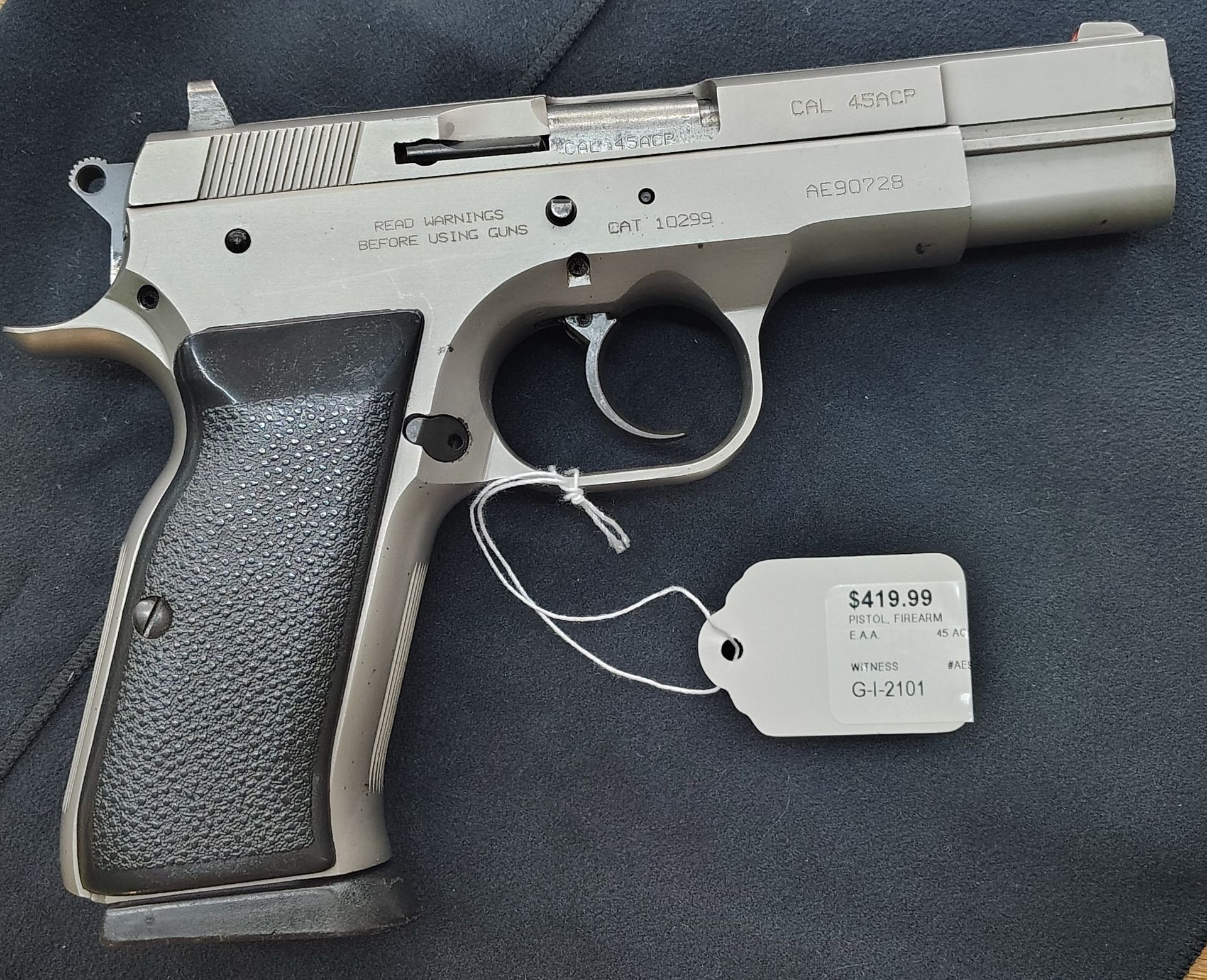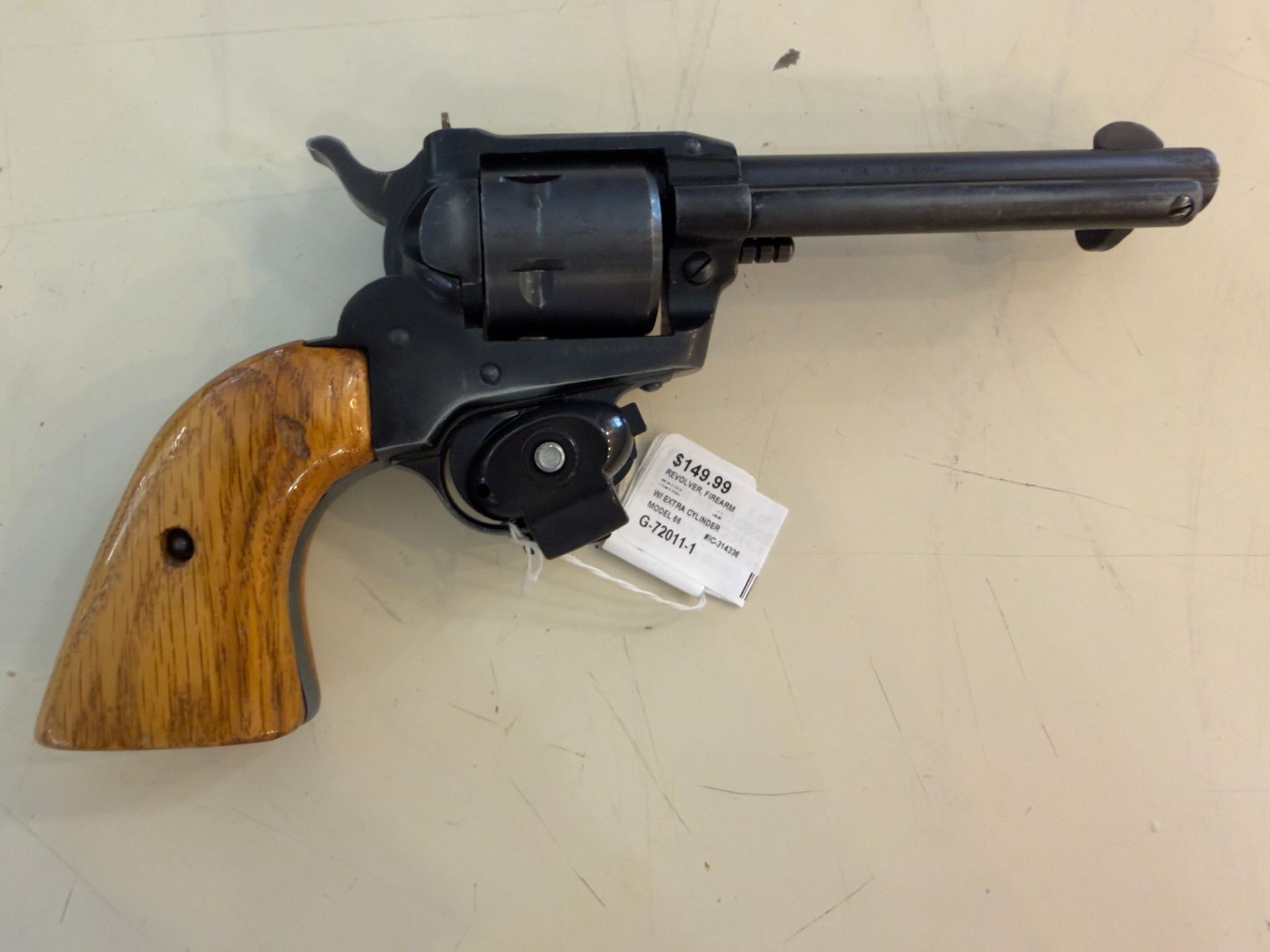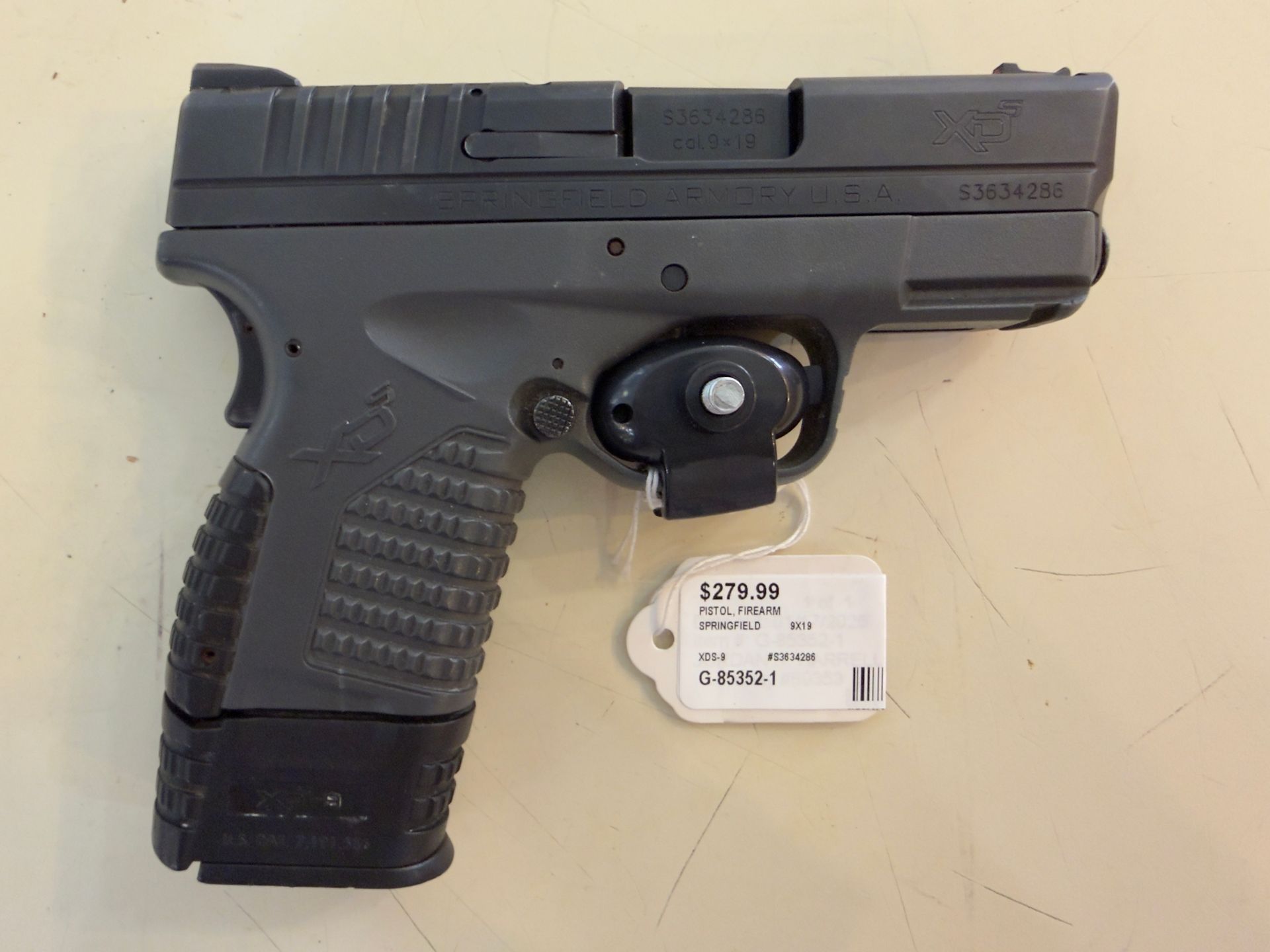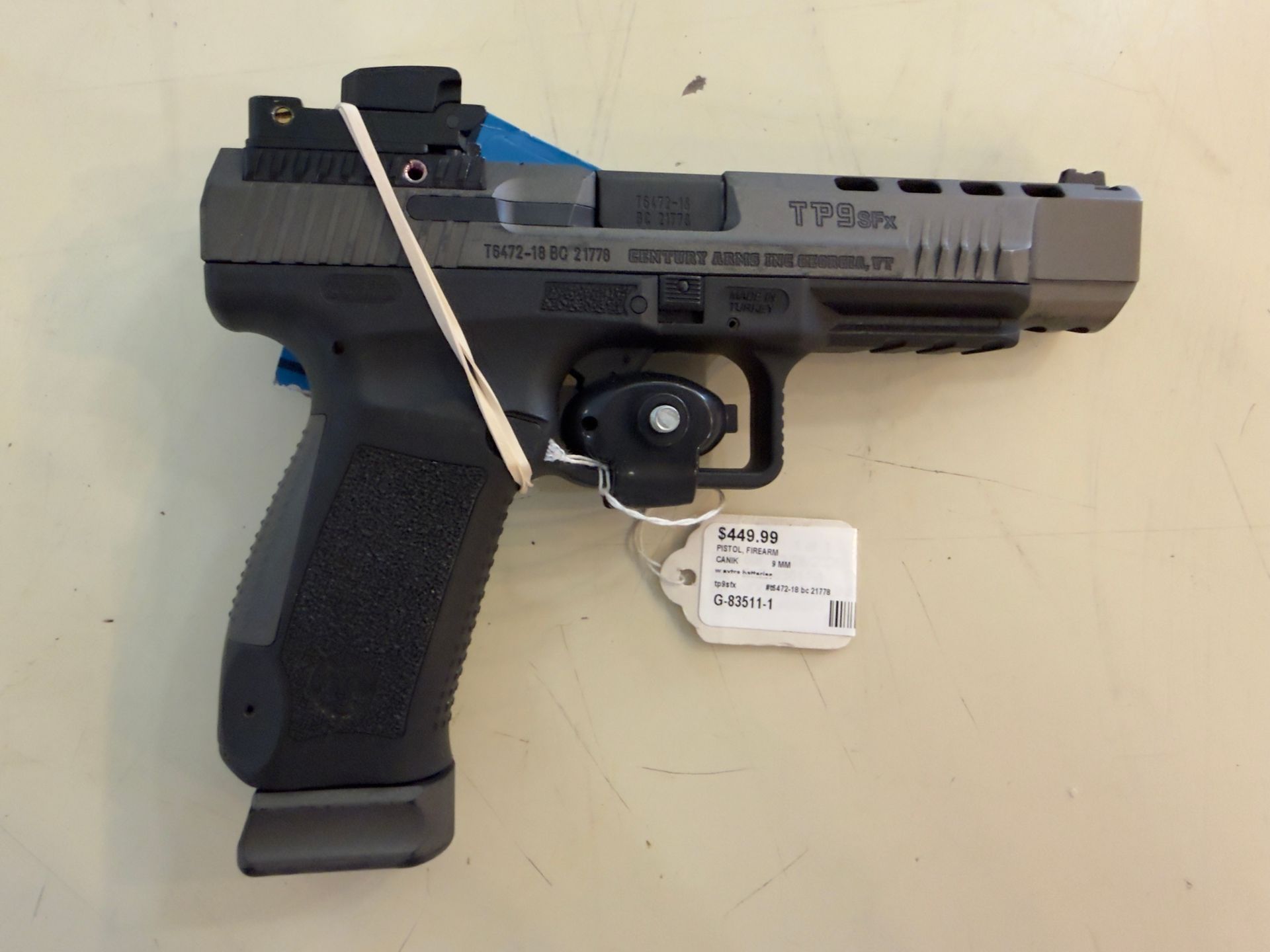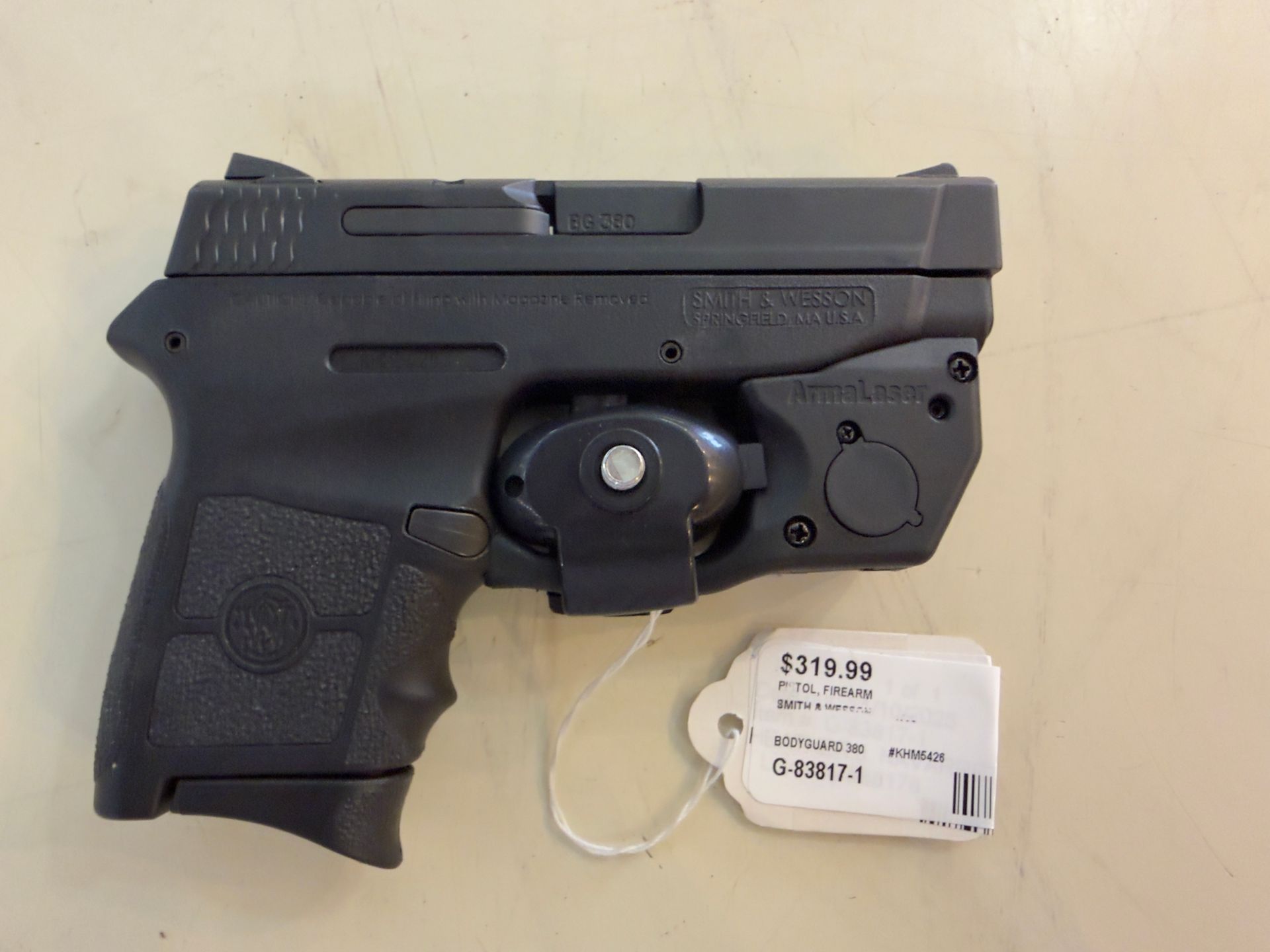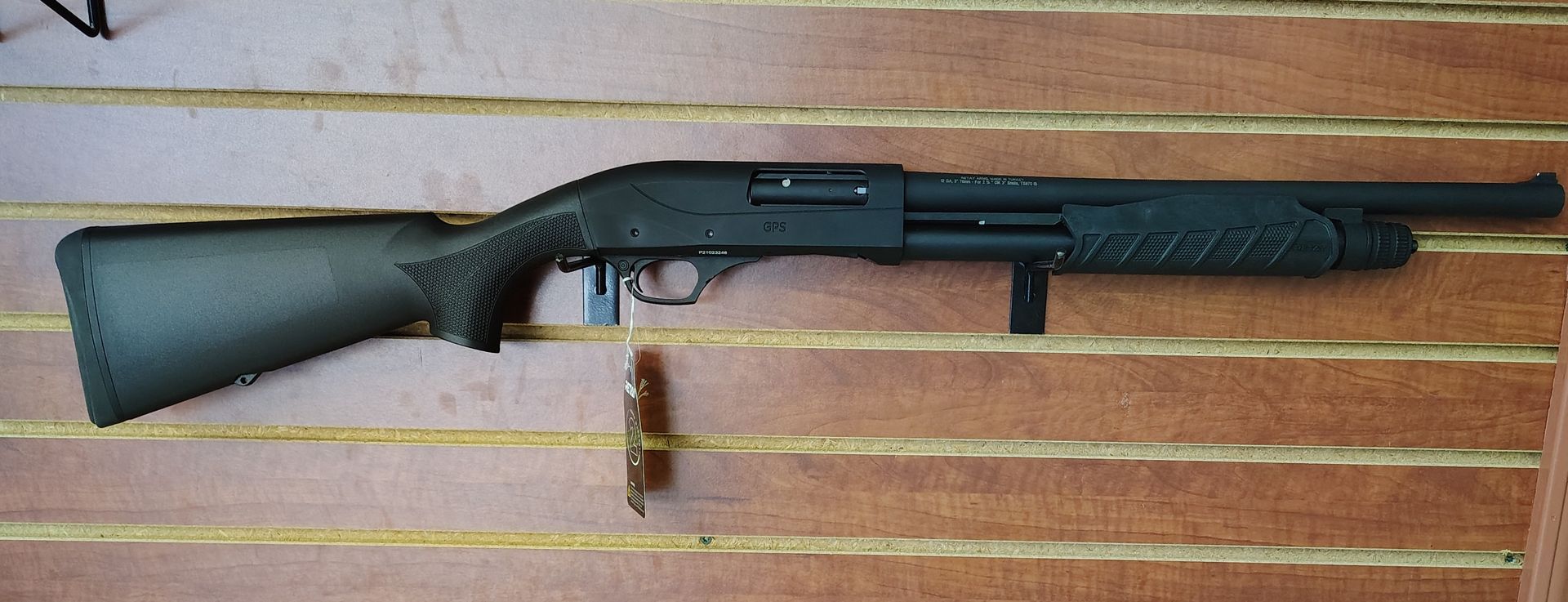Maximize Your Return When Pawning Musical Instruments
Pawning musical instruments can be a smart way to get quick cash without permanently parting with your beloved gear. Whether you’re a musician with spare instruments or just someone with a guitar or piano collecting dust, learning the ins and outs of pawning can help you make the most of your transaction. What's important is ensuring you get a return that reflects the true value of your instrument.
The process can seem overwhelming, especially if you're unfamiliar with the factors that determine an instrument's value. We'll walk you through the essentials, offering tips and advice to help maximize your return. Armed with the right information, you can approach the pawn shop with confidence and leave with a deal that feels right.
Assessing the Value of Your Instrument
Before stepping into a pawn shop, it's important to know the value of your instrument. This knowledge provides a strong foundation for negotiations and confidence as you engage with the pawn broker.
1. Check the Condition: Make sure your instrument is in good shape. Look for wear and tear, and assess whether any parts need fixing. A well-maintained instrument generally fetches a higher price.
2. Research the Market: Spend some time online to understand what similar instruments are selling for. Platforms like online marketplaces and music stores can give you a good idea of the current going rates. Knowing this helps you realistically set your expectations.
3. Popular Brands and Models: Certain brands and models are in higher demand, which can lead to a higher payout. For example, vintage Fender or Gibson guitars often have strong resale value. Knowing if your instrument falls into a popular category can provide leverage.
Having these insights ensures that you can present your instrument effectively and establish its value with the pawn broker. The more informed you are, the better positioned you'll be to receive an offer that aligns with your research and expectations.
Preparing Your Instrument for Pawning
A little effort goes a long way in improving the appeal of your musical instrument. Preparing it properly can significantly enhance its perceived value.
- Cleaning and Restoration: Start with a good cleaning. Polish wood surfaces, clean metal parts, and ensure strings or keys are in good working order. The more presentable your instrument looks, the more attractive it will be to potential buyers.
- Gather Accessories and Documentation: If you have the original packaging, manuals, or any accessories, bring them along. Extras like a case or strap can make your instrument more appealing and might bump up the price.
- Repair and Maintenance: Fix any minor issues you can manage, such as replacing old strings on a guitar or tightening screws. The less work needed for the next owner, the better the offer you’re likely to receive.
Taking these steps shows potential buyers that your instrument is well cared for, making them more likely to offer a better price. It’s not just about aesthetics but also about demonstrating the instrument’s readiness for immediate use.
Timing Your Pawn for Maximum Return
Timing can play a significant role in maximizing your return when pawning a musical instrument. Understanding when there’s a strong demand for certain instruments can help you get more cash for your gear. For instance, instruments such as violins or trumpets might be in higher demand at the start of the school year when students are enrolling in music classes. On the other hand, guitars and keyboards might be more sought after during the holiday season when people are shopping for gifts.
Additionally, local events in Kentucky, like music festivals or fairs, can influence demand. If there’s a big jazz festival coming up, saxophones or brass instruments could fetch a better price. Paying attention to these trends and aligning your pawn timing with them can significantly impact the amount you receive.
Negotiation Strategies at River City Pawn
Negotiating at a pawn shop can be a straightforward process if you walk in prepared. Being confident and knowledgeable about your instrument gives you an advantage. Start by stating a higher asking price than what you’re willing to accept. This tactic gives room for negotiation and can lead to a middle ground that pleases both parties.
It’s also wise to know your bottom line—the least amount you’re willing to accept for the instrument. If negotiations dip below this threshold, you can confidently decide to walk away. Always approach negotiations calmly and politely. Presenting your instrument’s value clearly and backing it up with your research will solidify your position and help achieve a more favorable deal.
Final Thoughts for a Successful Transaction
Pawning your musical instrument doesn't have to be daunting if approached with the right knowledge and preparation. Understanding your instrument's value, presenting it at its best, timing your pawn, and negotiating effectively all contribute to a more positive experience at a pawn shop.
By considering these factors, you're not just relying on luck but actively ensuring you secure the best possible return. Remember, being informed and prepared makes all the difference in getting a fair deal and leaving the shop satisfied with your decision.
Turn your unused musical instruments into quick cash with ease at River City Pawn. Our knowledgeable team at our
music pawn shop is ready to assist you in getting the best offer possible. Whether you're a seasoned musician or simply decluttering, we ensure a smooth and rewarding experience to maximize your return. Trust us to be your partner in unlocking the value of your gear.

